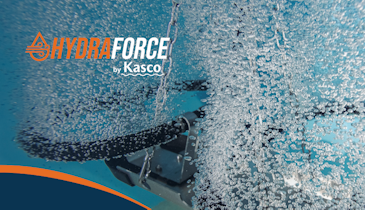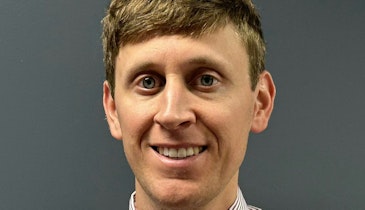The wastewater treatment operator certification roles in Nebraska list some 900 people. Many, if not most, of them have been trained by Russell Irwin, a program specialist with the state Department of Environmental Quality’s training, certification and technical assistance...
Finding a Calling
Russell Irwin found rewards in training treatment operators across Nebraska and seeing the results in the form of “sparkling clean” effluent
Popular Stories
Discussion
Comments on this site are submitted by users and are not endorsed by nor do they reflect the views or opinions of COLE Publishing, Inc. Comments are moderated before being posted.





